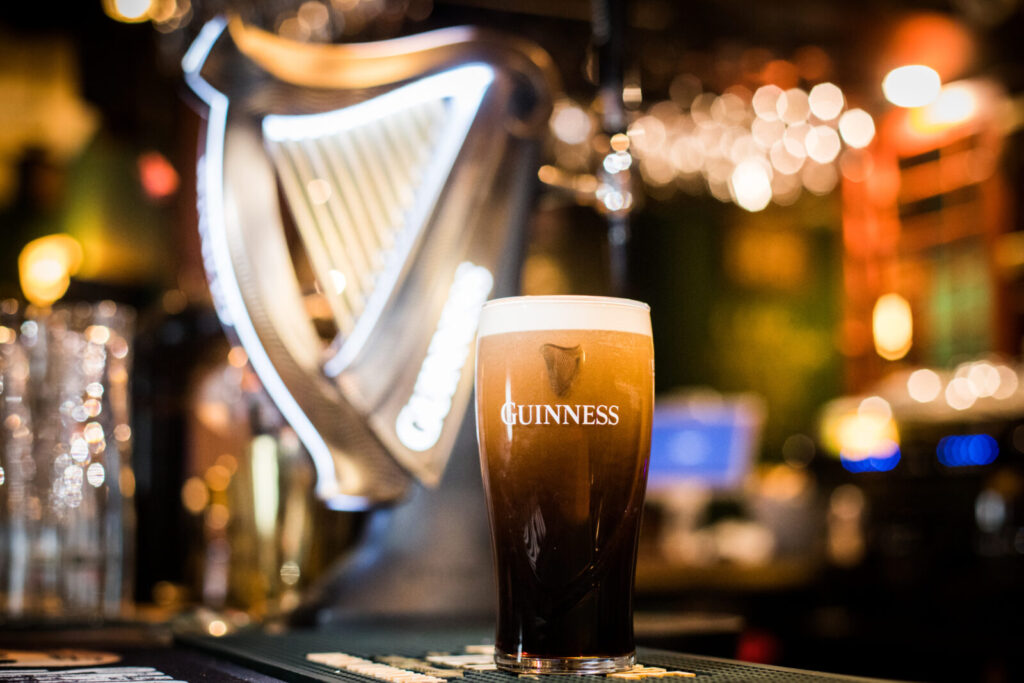Brief • 2 min Read
Personal Care: An Industry Snapshot
Our recent report on the personal care & wellness industry explores Americans’ use of dietary supplements and how female consumers think about “clean beauty” products. A few key takeaways include:
- Supplement-use to boost health: 77% of US adults agree that most people could improve their health by taking dietary supplements.
- Trust in supplement manufacturers runs high: 72% of US adults agree that they generally believe the claims made by dietary supplements about their health benefits.
- Consumers feel good about the “clean beauty” label: 82% of women who buy skincare products agree that they would feel better buying a skincare product that falls under the clean beauty category.
- Consumers want to know what they are putting on their bodies: 71% of women who use skincare products like to research what ingredients are in their skincare products before they purchase them.
Over-Index Report: This month’s over-index report uses data from QuestBrand by The Harris Poll to capture personal care brands that over-index with consumers within each region: Urban, Suburban, and Rural.

Winter Holiday Meal Trends – Instacart-Harris Poll
A holiday Harris Poll survey conducted on behalf of Instacart, explores Americans’ holiday meal, drink, and treat trends. How unique are your family’s favorite winter eats?
- Holiday food nostalgia: 67% of US adults say that family traditions are a top influence when selecting winter holiday dishes.
- Younger revelers want budget-friendly meals: One-third of Gen Zers (32%) and Millennials (30%) consider the cost of ingredients a top priority when planning their holiday meals.
- Where’s the meat?: While most Americans like to have turkey (56%) or ham (52%) as the main dish for thier holiday meals, Gen Z (13%) and Millennials (11%) are more open to having a vegetarian or vegan main (versus Gen X (6%) and Baby Boomers (4%)).
- The humble chocolate chip cookie reigns: The five most popular holiday cookie flavors are chocolate chip (57%), sugar (52%), peanut butter (40%), gingerbread (33%), and snickerdoodle (32%).

Neurodiversity And The Holidays – Understood.org-Harris Poll
A Harris Poll survey conducted on behalf of Understood.org explores how difficult it can be for neurodivergent Americans to navigate the holiday season.
- Extra stress buying gifts: More than half (52%) of adults with ADHD say that it affects their ability to buy gifts on time.
- Extra budgeting strain: 52% of neurodivergent adults say that their neurodivergence impacts their holiday season financially with budgeting.
- We could all use some help: Many adults say that they could use guidance when buying gifts for neurodivergent kids (55%) or friends/relatives (46%).
- We still have work to do: 55% of US adults feel that the stigma surrounding neurodiversity is stronger than ever.
Takeaway: “Many neurodivergent adults find the winter holidays a paradoxical time — they’re supposed to be happy, but instead the holidays can often bring anxiety, depression, and burnout. During this time of year, neurodivergent adults often cope by masking or ‘social camouflaging.’ And while masking can protect and comfort, research has shown that it’s often exhausting and can make things worse.” – Dr. Andrew Kahn, Associate Director of Behavioral Change and Expertise at Understood.org
Subscribe for more Insights
Subscribe to our newsletter for the latest trends in business, politics, culture, and more.
Subscribe for more Insights
Subscribe to our newsletter for the latest trends in business, politics, culture, and more.
Related Content








